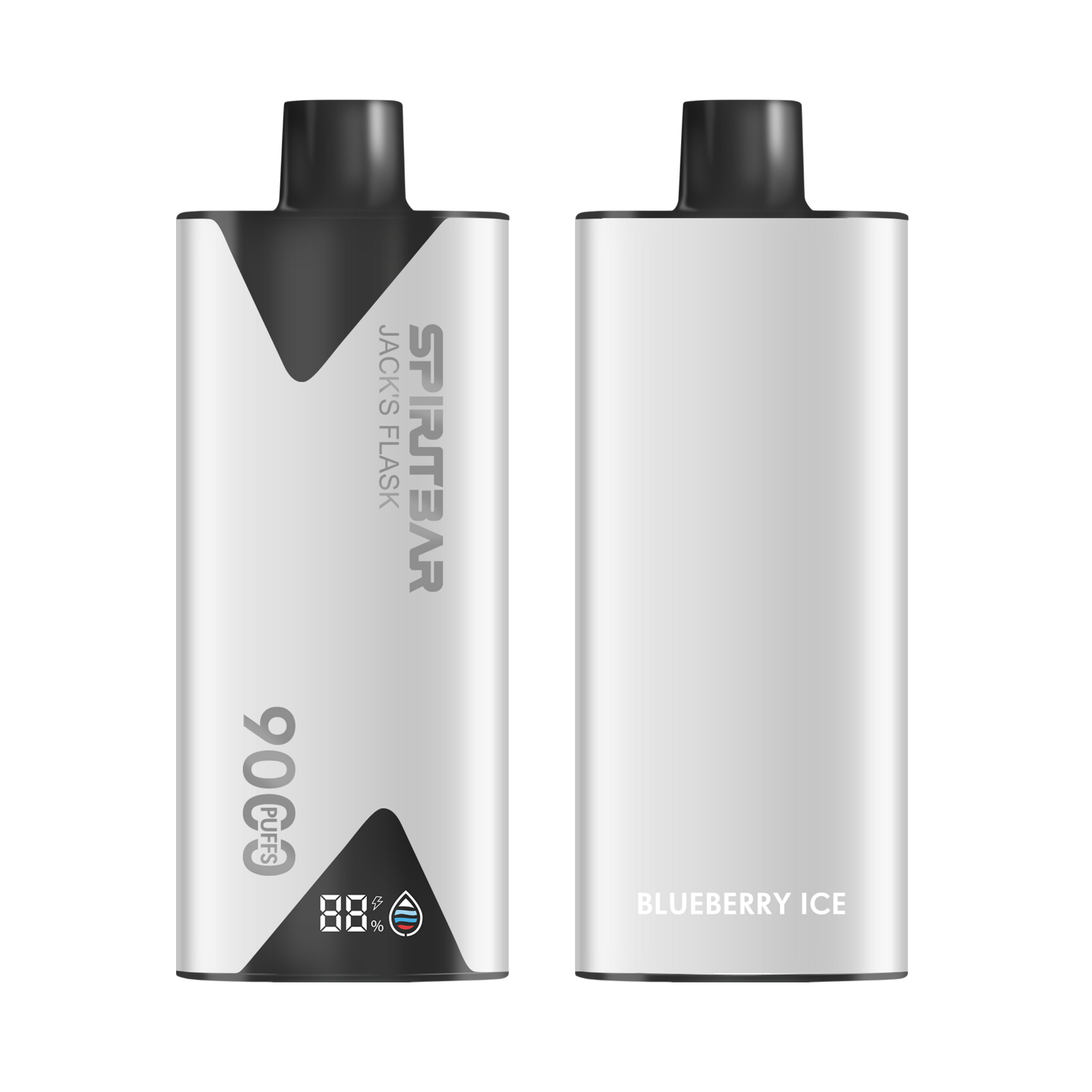Vape or No Vape: The Burning Question for College Athletes
So, you’re a college athlete and you’re wondering if you’re allowed to vape. Well, the short answer is no, you shouldn’t be vaping as a college athlete. Vaping has become increasingly popular in recent years, but it’s important to understand the potential risks and consequences associated with it, especially if you’re a student-athlete.
First and foremost, it’s important to note that vaping is not allowed by the NCAA. According to their banned substances list, “all stimulants, including but not limited to, amphetamine, caffeine, ephedrine, and pseudoephedrine, are prohibited.” While nicotine itself is not specifically listed, many vaping devices contain nicotine as well as other potentially harmful chemicals, making it a risky choice for athletes who are subject to drug testing.
In addition to the potential for failed drug tests, vaping can also have negative effects on athletic performance. Vaping can lead to decreased lung capacity, making it more difficult to perform at competitive levels. This is especially important for athletes who rely on their lung capacity, such as runners or swimmers. So, while it may be tempting to try vaping, it’s best to avoid it altogether as a college athlete.
The Vaping Phenomenon Among College Athletes
If you’re a college athlete, you’re probably no stranger to the vaping phenomenon. Whether it’s nicotine, THC, or just flavorings, vaping has become a popular pastime for many college students, including athletes. In this section, we’ll take a closer look at the trend of vaping among college athletes and its impact on athletic performance.
A Glimpse into the Trend
According to a survey conducted by the American College Health Association, nearly 20% of college students reported using e-cigarettes in the past 30 days. This trend is not limited to non-athletes, as many college athletes have also jumped on the vaping bandwagon. In fact, some athletes have even been caught vaping during games or practices, which can result in disciplinary action from coaches and athletic departments.
But why are so many college athletes turning to vaping? Some athletes may see vaping as a way to relieve stress or anxiety, while others may simply enjoy the flavors or the social aspect of vaping with friends. However, it’s important to note that vaping can have serious health consequences, including decreased lung capacity and an increased risk of heart and lung disease.
This disposable vape captures the daring spirit of the high seas with its flask styling and signature pirate e-juice flavors. The extraordinary battery life provides 9000 indulgent puffs for extended vaping pleasure. Live boldly and freely with the Jack's Flask - a legendary vaping experience fit for a pirate's adventures.
Vaping and Athletic Performance
One of the biggest concerns surrounding vaping among college athletes is its impact on athletic performance. Vaping can lead to decreased lung capacity, which can make it more difficult to perform at competitive levels. In addition, nicotine addiction can lead to athletes skipping or taking breaks from practice to have smoke breaks, which can negatively impact their training and performance.
Furthermore, vaping can cause both heart problems and cardiac and lung disease, which can have long-term effects on an athlete’s health and athletic career. It’s important for college athletes to understand the risks associated with vaping and to make informed decisions about their health and athletic performance.
In conclusion, while vaping may seem like a harmless pastime, it can have serious consequences for college athletes. From decreased lung capacity to an increased risk of heart and lung disease, vaping can negatively impact an athlete’s health and athletic career. As a college athlete, it’s important to make informed decisions about your health and to avoid the pitfalls of the vaping trend.
The NCAA’s Stance on Vaping
If you’re a college athlete, you might be wondering if you’re allowed to vape. After all, vaping has become a popular alternative form of nicotine consumption. However, the NCAA has strict rules and regulations regarding the use of e-cigarettes.
Rules and Regulations
According to the NCAA, the use of e-cigarettes is prohibited during practice and competition. This includes all forms of e-cigarettes, such as e-cigars, e-pipes, and e-hookahs. The use of any substance containing nicotine is also prohibited during practice and competition.
In addition, the NCAA prohibits the use of any substance that is banned by the World Anti-Doping Agency (WADA). This includes any substance that is classified as a stimulant, anabolic agent, hormone, or masking agent.
Penalties for Violations
If you violate the NCAA’s rules regarding the use of e-cigarettes, you could face serious penalties. These penalties can include suspension from competition, loss of eligibility, and even expulsion from your college or university.
In addition, if you test positive for a banned substance, you could face additional penalties from WADA. These penalties can include a ban from international competition and loss of any medals or awards you may have won.
This disposable vape captures the daring spirit of the high seas with its flask styling and signature pirate e-juice flavors. The extraordinary battery life provides 9000 indulgent puffs for extended vaping pleasure. Live boldly and freely with the Jack's Flask - a legendary vaping experience fit for a pirate's adventures.
So, if you’re a college athlete, it’s important to know the NCAA’s rules and regulations regarding the use of e-cigarettes. While vaping might seem like a harmless habit, it can have serious consequences for your athletic career.
Health Risks Associated with Vaping
https://www.youtube.com/watch?v=ygxMr2AE_bc&embed=true
So, you’re wondering if college athletes are allowed to vape. Well, before we answer that question, let’s talk about the health risks associated with vaping.
First and foremost, vaping can have negative effects on your respiratory system. In fact, the American Lung Association states that vaping can cause lung damage and lead to serious respiratory illnesses. This is because the vapor produced by e-cigarettes contains harmful chemicals that can irritate and damage the lungs.
But that’s not all. Vaping can also lead to addiction. E-cigarettes contain nicotine, which is a highly addictive substance. In fact, according to the National Institute on Drug Abuse, nicotine is as addictive as heroin and cocaine.
If you’re a college athlete, you should also be aware that vaping can have a negative impact on your athletic performance. Vaping can cause shortness of breath, coughing, and wheezing, which can all impact your ability to perform at your best.
Furthermore, vaping can also have negative effects on your oral health. The chemicals in e-cigarettes can cause gum disease, tooth decay, and bad breath.
So, before you decide to start vaping, you should carefully consider the health risks associated with it. And if you’re a college athlete, keep in mind that vaping can have a negative impact on your athletic performance.
The Social Aspect of Vaping in College Sports
Ah, college sports. The thrill of competition, the roar of the crowd, and the sweet, sweet taste of victory. But for some athletes, there’s another aspect of college sports that’s just as important: the social scene.
And when it comes to vaping, that social scene can be a powerful draw. Whether it’s bonding with teammates over a shared vape pen or impressing a potential date with your cloud-chasing skills, vaping can be a way to connect with others and feel like you’re part of something bigger.
But while vaping may seem like a harmless way to socialize, it’s important to remember that it comes with risks. Not only can vaping negatively impact your health and athletic performance, but it can also have serious consequences for your social life.
For one thing, vaping can be a major turn-off for non-vapers. Whether it’s the smell, the taste, or the potential health risks, many people simply don’t want to be around someone who vapes. And if you’re constantly vaping around your non-vaping friends or potential romantic partners, you could be putting them off and damaging your relationships.
But even if you’re only vaping around other vapers, there are still risks to consider. Sharing vape pens or e-cigarettes can spread germs and illnesses, including COVID-19. And if you’re constantly vaping with the same group of people, you could be reinforcing a social circle that revolves around vaping and making it harder to quit or cut back.
So while it’s natural to want to socialize and connect with others, it’s important to do so in a way that’s safe and healthy. Whether that means finding non-vaping activities to enjoy with your friends or seeking support to quit vaping altogether, taking steps to prioritize your health and well-being can help you build stronger, more meaningful relationships in the long run.
Vaping Alternatives for College Athletes
So you’re a college athlete, and you’re wondering if you’re allowed to vape. Well, the answer is not so simple. While some colleges and universities may allow vaping, others may have strict policies against it. Even if vaping is allowed, it’s important to remember that it still poses health risks and can negatively impact your athletic performance.
But fear not, there are plenty of alternatives to vaping that can satisfy your nicotine cravings without the harmful effects. Here are a few options:
-
Nicotine gum or lozenges: These are a popular choice for athletes because they are discreet and easy to use. Plus, they come in a variety of flavors so you can find one that suits your taste.
-
Nicotine patches: These are another discreet option that can help you quit smoking or vaping. Just slap one on and forget about it for the rest of the day.
-
Chewing tobacco: Okay, hear us out. While chewing tobacco is not exactly a healthy option, it is still a better alternative to vaping. Just be sure to use it in moderation and be aware of the risks.
-
Exercise: Yes, you read that right. Exercise can actually help reduce nicotine cravings and improve your overall health. So the next time you feel the urge to vape, hit the gym or go for a run instead.
Remember, just because vaping may be allowed doesn’t mean it’s the best option for you. Consider these alternatives and make the best decision for your health and athletic performance.

